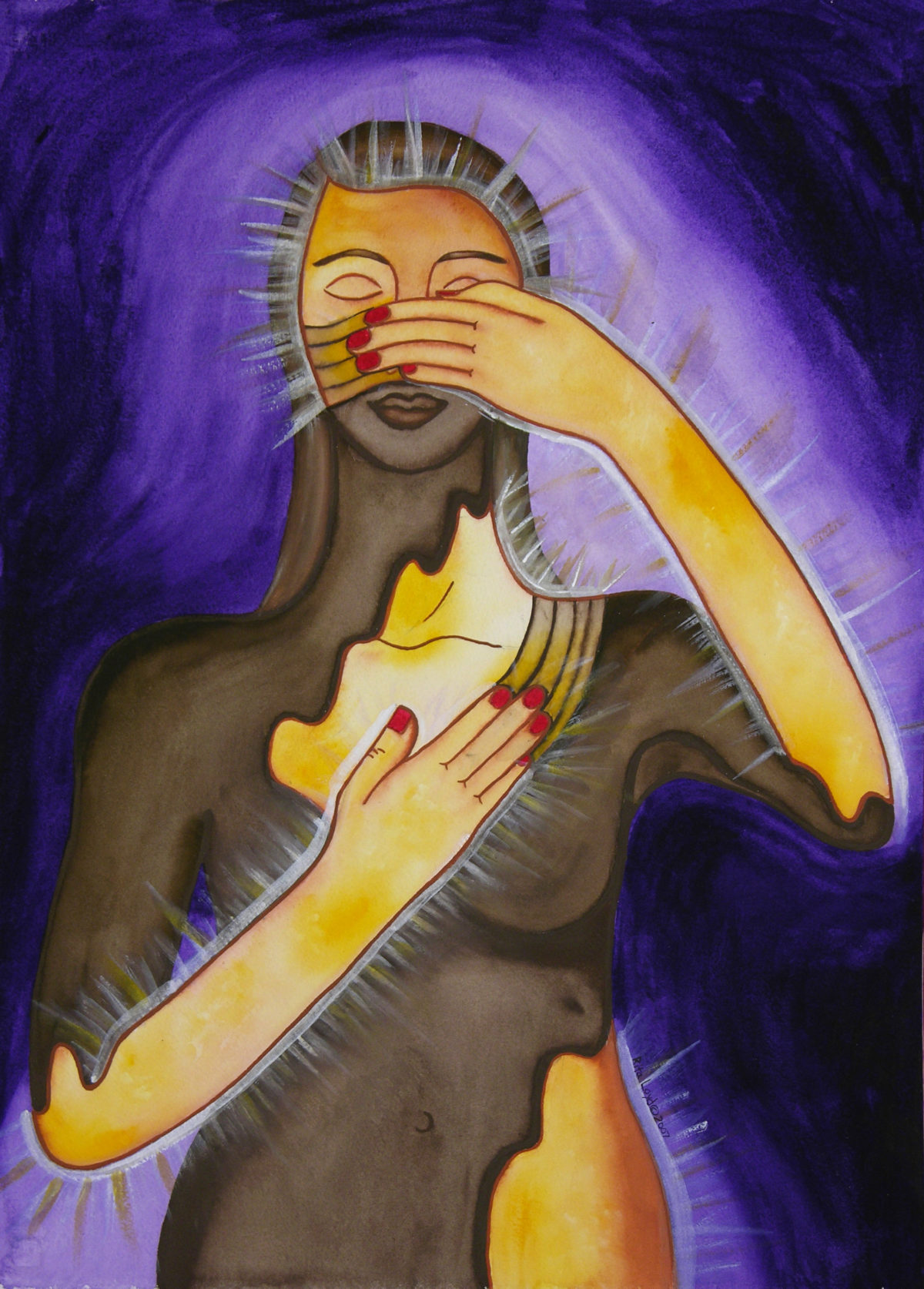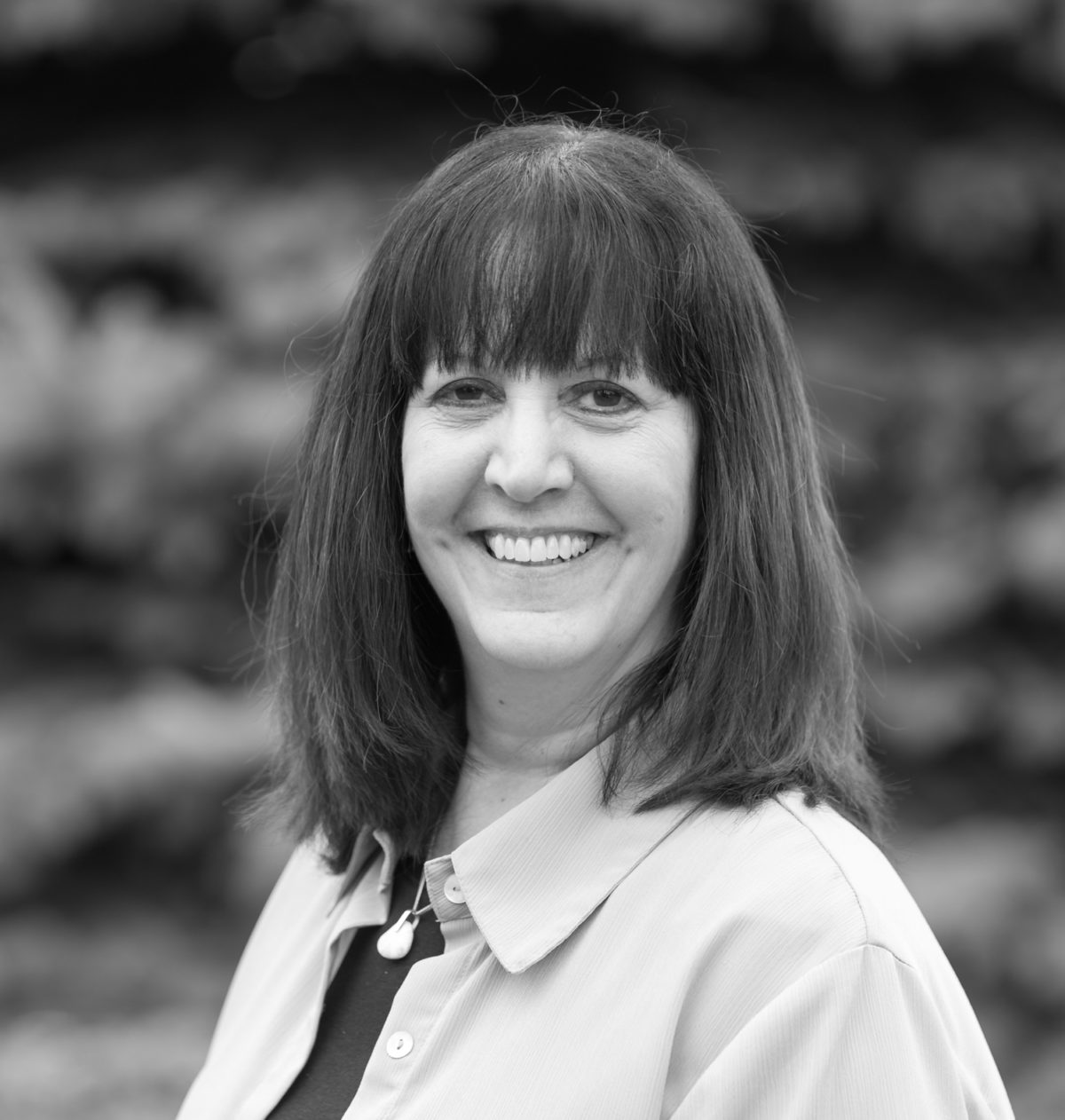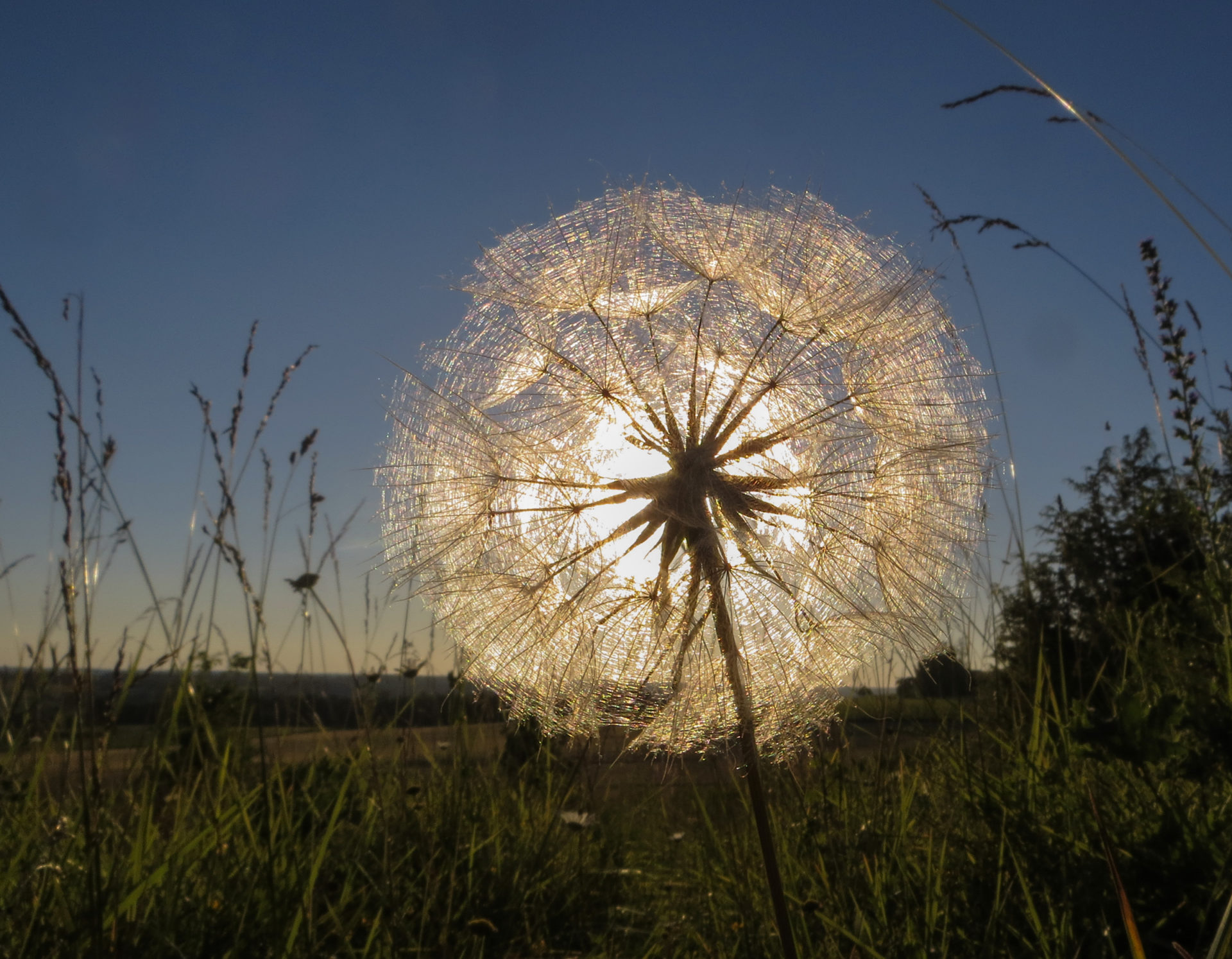By Michelle Cattanach

A good friend recently asked me how I was doing, and I had to think about it. I was about to say “Fine,” but then I paused. I wasn’t fine. I had been struggling to make sense of the rising anger and violence in our world. Over the next week, I contemplated that exchange with my friend, and asked myself how I could anchor more deeply to my practice,
By Michelle Cattanach

A good friend recently asked me how I was doing, and I had to think about it. I was about to say “Fine,” but then I paused. I wasn’t fine. I had been struggling to make sense of the rising anger and violence in our world. Over the next week, I contemplated that exchange with my friend, and asked myself how I could anchor more deeply to my practice, not only to make sense of the world and navigate its challenges, but also to see where and how I could help. Even if only in my little corner of the world.
During this exploration I realized something important: My hope had been slowly fading. I realized I was losing hope that good would prevail, that right would triumph over wrong, that there were enough of us pointed in a different direction to matter. But then I asked myself a deeper question: What is it I am losing hope in? I realized I was losing hope that I could make a difference. I realized it would be easy to arrive at a place where I would choose to do nothing, because I was starting to believe that nothing I could do would make a difference.
I was losing hope that there are good things happening as well as bad things. When we are inundated with the negative, the horrible, we lose sight of the good. We remember those moments vividly and use this information to avoid similar situations in the future. We naturally notice things that could harm us and focus on them. But when we fixate on negative events and ideas, we miss the gentle thoughts and positive happenings.
FINDING GOODNESS IN OURSELVES AND OTHERS
In a study published in the journal Mindfulness, psychologists asked more than three hundred adults if they had helped anyone during the previous week. Eighty-five percent said they had. The research revealed that we care deeply for one another and that we would rather help our fellow human beings than not. That if we want to find and foster the good in our world, we need to start by searching for the goodness inside ourselves.
But as I continued to reflect, I realized my despair was not just focused on the loss of hope in myself, or on the idea that hatred, violence, and apathy are the norm. I also had lost hope that I lived in a world where the light of basic goodness was shining clearly in the vast majority of my fellow humans. We have created a society that reflects anger and self-centeredness: one where disagreement and lack of understanding lead to aggression and hate-filled words; one that is materialistic and grasps for more.
The antidote is believing in our basic goodness. Only by holding our basic goodness close can we connect to our dignity as humans. Only then can we see the true heart of being human and our interbeing. In these challenging times, we must focus our energies on awakening our enlightened qualities. Basic goodness is our true nature, but we cannot see the light in others if we have not found it in ourselves.
The Buddha came to this realization while sitting at the foot of the Bodhi tree. As Thich Nhat Hanh tells the story, the Buddha discovered something under that tree that surprised him. He saw that the good, the beautiful, and the true are to be found in everyone. The Buddha said, “The beautiful, the wholesome, and the absolute good are present in ourselves, and we only need to return and be in touch with them. Then we can see the true depths of these things in all others.”
It is difficult for us to see the light of basic goodness when it’s obscured by anger, hatred, violence, and pain. When suffering is so deep in someone we can’t see any light—that’s when it is most important for us to focus on our interbeing. Through our meditation practice and mindfulness, we can look deeply. We can stop chastising ourselves for our mistakes, let go of our belief that we are not enough, that we don’t or can’t make a difference. We can find the goodness that is always present inside ourselves and others, and that discovery can be our anchor.
A WORLD FILLED WITH COMPASSION
I thought about my personal experiences. What is my experience on any given day? What is my overall experience of the world? I’m not referring to the news, blogs, or Twitter. What about my everyday, very personal experience of humanity, from my Sangha brothers and sisters, to my family and friends, to my work colleagues, and even to mere acquaintances? The person who opens the door for me and smiles? The person who gently holds the hand of an elderly person or a child? We experience humanity’s goodness every day but often fail to acknowledge it.
In Orlando, Florida, after the mass shooting in a gay nightclub, blood donors waited in 97-degree heat to give blood. Locals brought water to them as they stood in long lines. One business provided food and drink for hospital workers, and another, usually closed on Sundays, opened its doors and prepared free sandwiches and tea for emergency personnel. An airline offered free seats for family members and partners of the victims, and a man who couldn’t afford to give money offered his home as a place for them to stay; he even offered his car. A translation company made interpreters available for Spanish-speaking family members. Perhaps most poignant, people in a theatre company constructed large angel wings and stood side by side, their angel wings guarding families as they grieved and buried their dead, shielding them from anti-gay protest signs.
In Wichita, Kansas, activist A.J. Bohannon organized a Black Lives Matter march for more than a thousand protesters. Days before the march, he received an invitation from the new police chief, who suggested dinner instead. Police officers fired up grills, cooking for almost a thousand people, and they played basketball with the kids. Both sides spoke openly about prejudice and how they can find commonalities.
The march organizer had some pushback from a few individuals. He asked them to consider this: If they don’t want to be judged by the color of their skin, they can’t judge the entire law enforcement profession by the bad actions of a few. He told them, “If two men are standing in a burning house, it does no good for them to argue. They’re going to both get engulfed by the flames. We need to figure out how to put the fire out.” The “First Steps Cookout” was a start, the beginning of understanding. It offered a way for individuals to see others for who they are.
BEING THE RIPPLE IN THE POND
These stories lifted me up. We may hear about the violent, hurtful things happening in our world, perpetrated by a few, but every day there are millions of people who demonstrate compassion, who bear witness to the humanity in all of us. These stories put my feet on the path to paying more attention to goodness in all its forms. Once I began actively looking for it, I found it everywhere—often in the simplest of acts. Being able to see the goodness all around helps us to stand in the chaos and find ways to be the ripple in the pond, spreading loving kindness farther and farther out to others.
We want to live in a world of peace. We want a world where the highest values are tolerance, generosity, fearlessness, and compassion. All we have to do is to know deeply that we are good, that we matter. Each and every one of us matters. Then our heart opens. There will always be suffering, but when we trust ourselves, we can see how to alleviate that suffering. When we see ourselves as worthy, we will see the world as worthy.
When we approach ourselves and others as basically good rather than basically bad, it changes our intentions, words, actions, and aspirations. It changes everything. It can change the world.

Michelle Cattanach, Compassionate
Presence of the Heart, works in hospice as
a human resources manager. She practices
with the River Sangha in Oregon and enjoys
reading, teaching, and writing.

